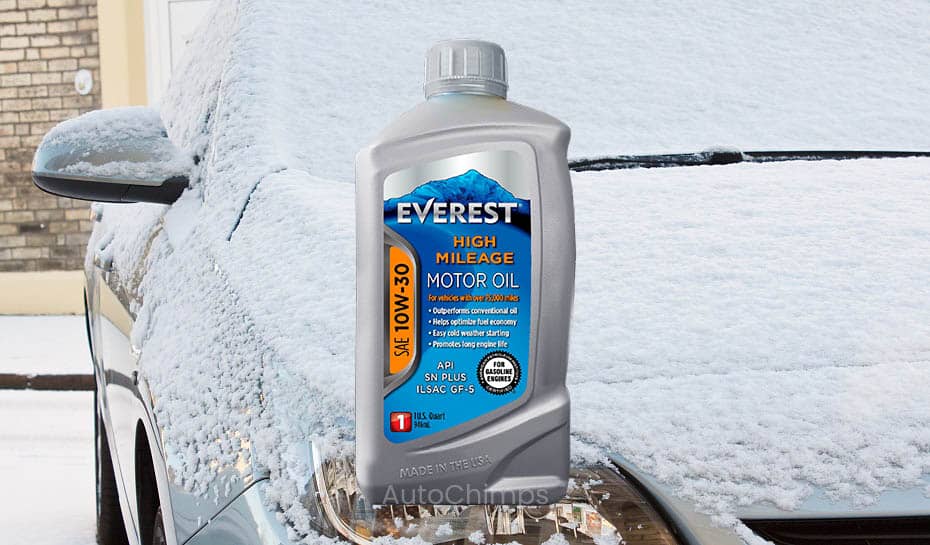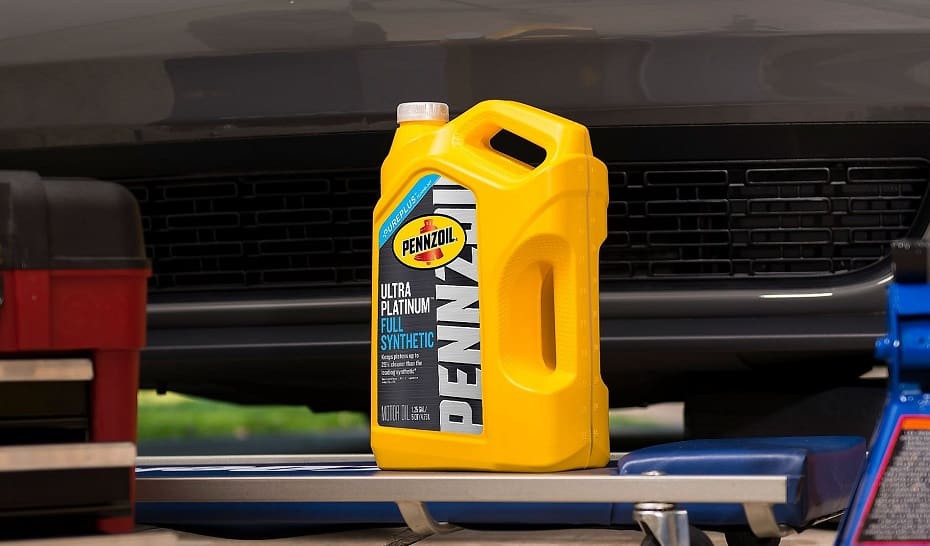



Does Motor Oil Freeze? Here’s What to Know
On a chilly January morning, while getting ready for work, the thought might cross the mind: “Does motor oil freeze? And if it does, what’s the game plan?” No need to stress—motor oil is pretty unlikely to freeze unless stuck in the coldest of climates.
The Lowdown on Motor Oil
Motor oil is essential for keeping an engine running smoothly. Without it, metal parts rub against each other, causing friction that can lead to pre-ignition, knocking, overheating, or even a complete engine failure. Taking care of a vehicle, especially in winter, is key to keeping it healthy and wallet-friendly.
Regular oil and filter changes are a must, and a solid battery is crucial for those frosty mornings. This article dives into why motor oil doesn’t freeze and how to keep a car in tip-top shape during the cold months.
Can Motor Oil Freeze?
Before jumping into the answer, it’s important to understand how motor oil works. In most cars, motor oil hangs out in a sump at the bottom of the engine. When topping off the oil, it drains into this sump.
Once the ignition’s turned on, the oil pump kicks in, circulating the oil through filters and passages, lubricating metal parts and keeping things cool. This cycle keeps going while the engine’s running, and when it’s turned off, the oil flows back to the sump.
Types of Motor Oil
In the U.S., there are four main types of motor oil:
- Conventional: Just refined crude oil, typically cheap and good for older cars.
- Semi-synthetic: A mix of synthetic and conventional oil, offering a balance of cost and performance.
- Synthetic: Engineered for better performance, this oil is pricier but often worth it.
- High-mileage: Packed with additives to help rejuvenate seals and reduce leaks in older engines.
Does Engine Oil Freeze?

For most folks, engine oil won’t freeze. It just doesn’t get cold enough. If it did, there’d be bigger issues than cars not starting!
That said, as temperatures drop, the flow rate of liquids changes. The colder it gets, the thicker the oil becomes, slowing its movement. Think of honey—when it’s cold, it’s thick and slow, but heat it up, and it flows like a dream.
Synthetic oils come with viscosity modifiers that help them flow better in the cold. But when it’s super chilly, even they can struggle. Always stick to the oil recommended in the owner’s manual. For harsh climates, go for the lowest “W”-rated oil, like 0W-30 instead of 5W-30.
What Temperature Does Synthetic Oil Freeze At?

Most cars today are better off with synthetic oil. It’s more effective and can save money in the long run through improved performance and fuel efficiency. The freezing point of synthetic oil varies based on its specific formulation, but crude oil might stop flowing around -40°F (-40°C) and can still work down to -60°F (-51°C). Beyond that, starting issues might crop up.
However, synthetic oil is a mix of various components, so it would take some extreme cold for it to freeze solid—temperatures that are pretty much unheard of.
What Temperature Does Conventional Oil Freeze At?
Conventional oil doesn’t have the same fancy additives as synthetic oil, making it less ideal for engines. Older cars might need it, though, since their engines were designed for this type. But switching to synthetic might clean out deposits that could actually help seal leaks.
As conventional oil cools, it thickens and can approach a solid state around -30°C. In extreme cold, it can be a struggle for the pump to get it flowing.
How to Cold Start a Car

When the key turns on a cold morning, the battery powers the oil pump. The more juice it sends, the better the oil flows. Keeping that battery in good shape is crucial. Premium synthetic oil should hold up just fine.
Remember, the colder it gets, the thicker the oil. And frigid temps can also sap battery power. To make cold starts easier:
- Use the recommended oil and battery from the owner’s manual—cheap alternatives can lead to headaches.
- Park in a sheltered spot to avoid snow and freezing rain.
- Don’t run electrical appliances while the engine’s off; it drains the battery fast.
- Let the engine warm up after starting, but don’t leave it running unlocked—thieves are always lurking.
- Take a half-hour drive weekly to keep the battery charged.



